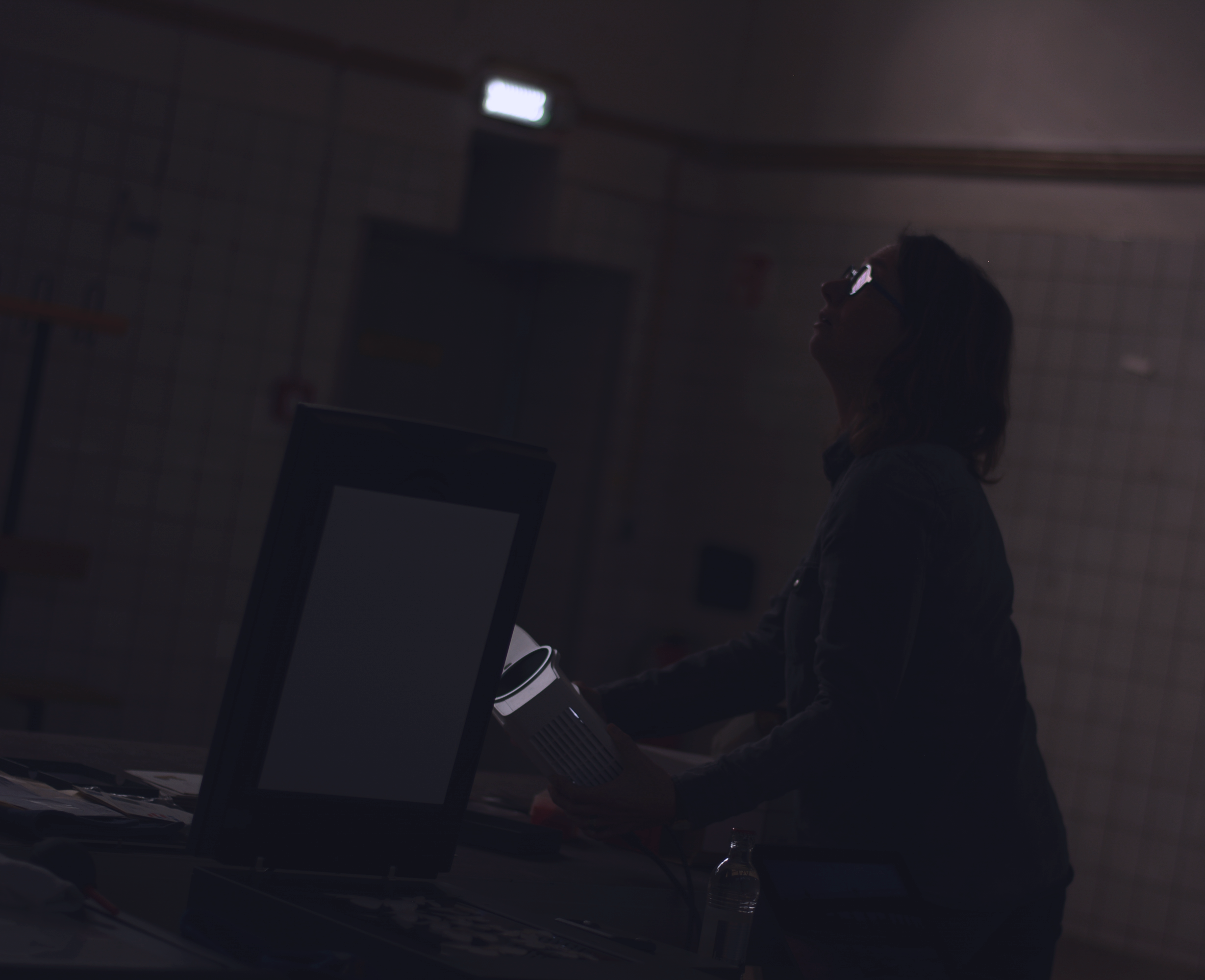2025 May Edition
Jessica Theis
She has been particularly focused on long-term projects with a social and environmental impact like : 1001 Tonnen - which documents illegal waste in nature over a two-year period ( @emweltverwaltung ) or, Wee Bass Du? - which highlights experiences of people with disabilities in Luxembourg ( @oeuvre_luxembourg , @clicheikl )
Jessica digs in new ways to accompany the public in the discovery of immersive photography narratives. She adapts her gear deliberately to fit each project — from analog to digital, small to medium format, including mirrored elements or sound. At the core of her practice is the question of how to communicate her message visually in the most impactful way.
She is based in Luxembourg and actively captures moments “to make the invisible visible” since 2005 - You might also have already seen her work : Hall of Fame ( CUEVA ), or Spieglein Spieglein - miroir miroir ( Espace H20 ), in the Grand-Duchy in the past years !

"intentional Memory
During the first weeks of the vivid echoes residency, Jessica scanned hundreds of family photos, letters, and documents—far from her camera, she delves into other people's pictures. She arrived with the idea of exploring 'How can we keep the memory of those who are no longer with us alive?' and collects all the information she can find: point clouds of inherited apartments, wall scans, stickers, sounds, sheet music, photos, and other artifacts. In this experimental space, she tests various ways of including artificial intelligence and mixing her findings.
More about Jessica's work during the residency
The creative process Jess is developing for this space-time allows her to both diversify her practice and explore aspects she didn't have the time to try before.
In the final video she chooses to screen, several concepts and questions intertwine and engage with one another, such as :

- What happens to our photos—and what could become of them? Should we create image-sharing spaces to keep these memories alive? How do we preserve them without just stashing hundreds of archives in drawers?
- Can we—legally and ethically—modify and animate images of deceased people? Who should we ask for permission? What role can AI play in all this?
- To what extent can an individual or family’s personal history resonate with a broader public and contribute to a collective memory?

